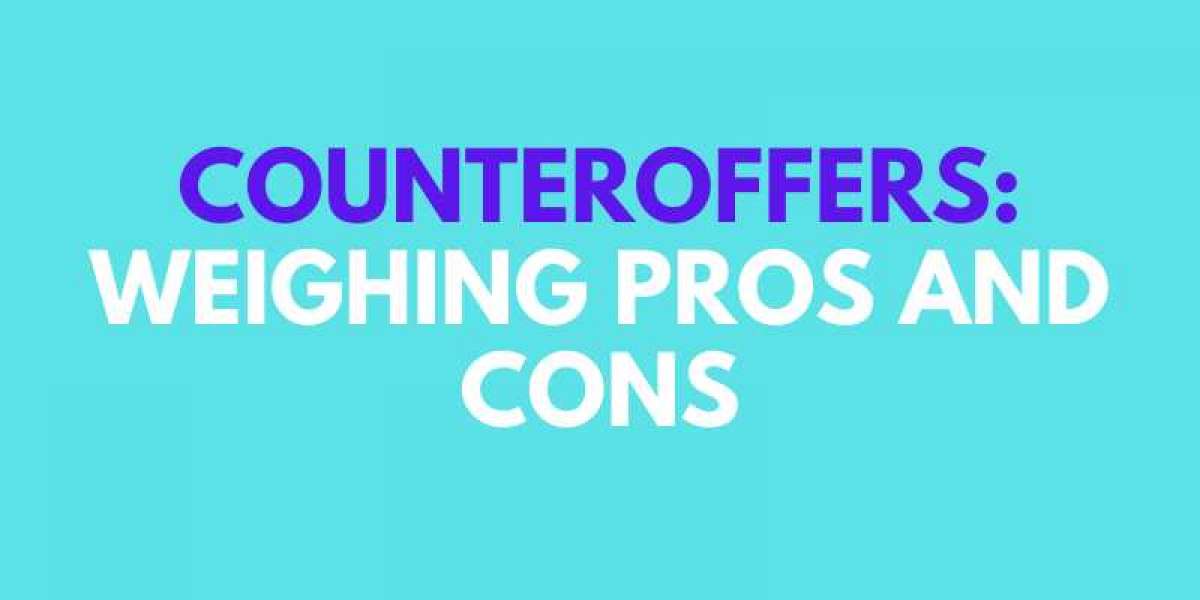Receiving a counteroffer can be both exciting and daunting. On one hand, it's flattering to know that your current employer values you enough to offer more money or benefits to stay. On the other hand, weighing the benefits and drawbacks of accepting or rejecting a counteroffer might be challenging. In this article, we'll discuss the pros and cons of receiving a counteroffer and offer advice on how to make the best decision for your career.
Pros of Receiving a Counteroffer:
One of the most significant advantages of receiving a counteroffer for Freshers Jobs is the increase in compensation. In many cases, employers may not be able to offer a raise or promotion until an entry-level employee presents them with another job offer. A counteroffer may include a higher starting salary, better benefits, or additional perks that can significantly improve a Freshers' work-life balance.
Another benefit of receiving a counteroffer is the opportunity to negotiate with your current employer. If you've been looking for more responsibility or a better work environment, a counteroffer can open up a dialogue with your employer about your career aspirations. You may be able to negotiate better working conditions or more challenging projects that can help you grow professionally.
Cons of Receiving a Counteroffer:
One of the most significant drawbacks of receiving a counteroffer for Infosys Careers is the potential damage it can do to your professional reputation. If you accept a counteroffer and then leave the company shortly after, your employer may view you as disloyal or untrustworthy. Additionally, you can appear to have one foot out the door to your coworkers at Infosys, which can cause strained relationships and a lack of trust.
Another disadvantage of accepting a counteroffer is the potential for long-term career stagnation. While a counteroffer could ease your current work discontent temporarily, it might not address the underlying issues that led you to begin looking for a new job in the first place. If you're feeling unfulfilled or unchallenged in your current position, accepting a counteroffer may lead to complacency and a lack of motivation.
Making the Best Decision:
When weighing the pros and cons of receiving a counteroffer, it's essential to consider your long-term career goals. While a counteroffer may provide temporary relief, it may not address the underlying issues that led you to look for a new job in the first place. Additionally, accepting a counteroffer can damage your professional reputation and lead to long-term career stagnation.
It's crucial to be upfront and honest with your employer about your career goals if you're thinking about accepting a counteroffer. You should also be clear about your expectations for compensation, working conditions, and career growth. If your current employer is unable or unwilling to meet your expectations, it may be time to consider other career opportunities.
Conclusion:
Receiving a counteroffer for a Free Alert Job can be a tempting proposition, but it's essential to consider the pros and cons before making a decision. While a counteroffer may provide short-term benefits, it may not address the underlying issues that led you to look for a new job in the first place. Additionally, accepting a counteroffer can damage your professional reputation and lead to long-term career stagnation, which is not ideal for someone searching for a Free Alert Jobs. By carefully weighing your options and considering your long-term career goals, you can make the best decision for your career advancement.








